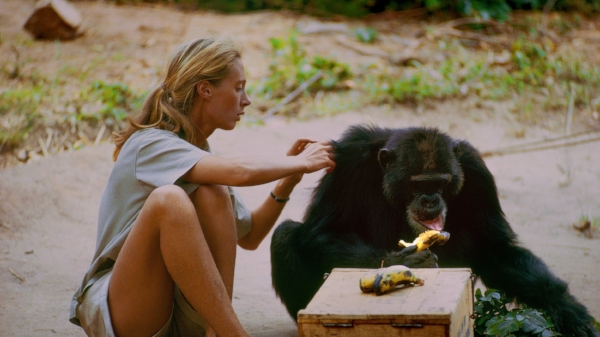Lara Croft has always been a contradictory icon, simultaneously embodying female empowerment and male objectification. Angelina Jolie's cinematic incarnation, while true to its video game source, largely provided pubescent fanboys a living, breathing embodiment of their fantasy girl.
Recasting the larger-than-life Croft as something approaching a flesh-and-blood female makes for a more palatable heroine (certainly in the cultural moment of the #MeToo movement) and provides viewers the possibility for an emotional connection with the character.
To that end, the casting of Alicia Vikander, Oscar-winning Best Supporting Actress for “The Danish Girl,” makes perfect sense. Not yet the Tomb Raider (the signature guns don't appear until the end), Vikander's Croft is less Jolie-style Amazon than scrappy street-fighter. Early on, we see her take a beat-down in the boxing ring where she's training and outruns an entire peloton of her fellow bike couriers as the fox in a two-wheeled "fox hunt" that barrels through the streets (and alleys and sidewalks and stairways) of London. In fact, these early action scenes are among the film's most engaging as we can see in her eyes her struggle and determination.
Once Lara leaves London in search of her long-lost millionaire father, however, the action and the character begin feeling much more like standard Tomb Raider fare. The screenplay by Geneva Robertson-Dworet and Alastair Siddons strands Croft on an uncharted island where she faces a series of familiar video game challenges: yawning chasms to cross, indistinguishable baddies to kill, puzzles to solve, and a series of booby traps deep within an ancient tomb to outsmart. Rendered in obvious CG effects, any sense of real danger quickly evaporates.
The best moments on the island are brief reprieves from director Roar Uthaug's (“The Wave”) relentless action sequences. In one scene, Croft slips silently down a lush hillside into the enemy camp, muscles taught and bow drawn, eyes scanning all directions as guards pass, at one point even slipping into the tent of evil archeoligist Mathias (a scenery chewing Walton Goggins) to avoid detection. Later, after fighting an opponent to the death, Vikander's Croft, neither flippant nor triumphant; simply stares blankly, stunned by what she's done.
By the film's end, one can only begin to wonder at the many missed opportunities. Why cast Dominic West (Jimmy McNulty on TV's “The Wire”) as Lara's father if he's only going to emerge (of course, he's alive on the island) as a doddering Ben Gunn-style castaway? Why pay for actors the caliber of Kristin Scott Thomas and Derek Jacobi only to relegate them to brief book-ending cameos?
And why make a film based on a game, in the first place, then painstakingly remove its main ingredient—fun?














